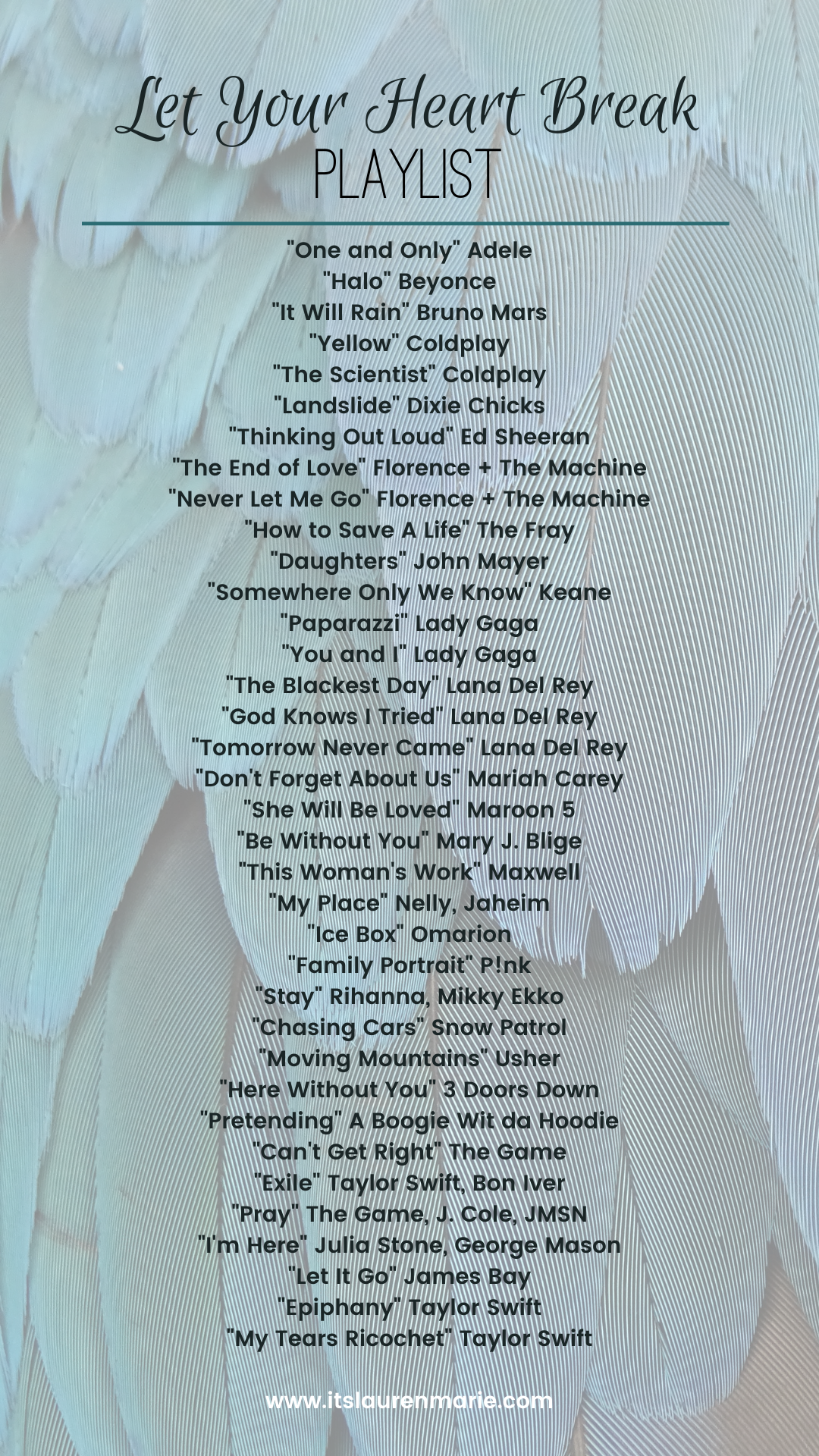The Embarrassment
In discussing the emotions that come with getting a divorce, I turn now to embarrassment or shame.
The definition of embarrassment is a state of being in self-conscious distress. Self-conscious means being uncomfortably conscious of oneself as an object of the observation of others. Distress is pain or suffering affecting the body, a bodily part, or the mind.
Similar to embarrassment, shame is a painful emotion caused by the consciousness of guilt, shortcomings, or impropriety (being improper).
Embarrassment and shame are emotions I’ve always struggled to sit with and move past. I think it’s because emotions like anger or sorrow are caused by a reaction to something someone’s done to you. As such, anger or sorrow are often justified or commiserated both within myself and from those around me. This makes it easier to feel it and then to press forward. But embarrassment and shame are usually caused by, at least for me, how I think those around me are perceiving me. Since I have no control over other people’s thoughts or opinions, it often feels sort of helpless.
Because I wasn’t the one who ended the marriage, I felt more embarrassment than shame. I’m sure my ex, as the person who ended the marriage, felt a combination of both. I felt embarrassed often: whenever I had to mention my marital status to someone or my co-parenting arrangement; whenever I was out alone with my daughter; or whenever I went somewhere alone that I typically went with my ex. I felt embarrassed because I just knew that everyone thought I made poor or rash decisions, wasn’t able to be a good wife or life partner, didn’t know how to pick a good husband, didn’t prioritize my daughter’s well-being over my own, or was hiding some great deficiency that would cause a man to leave me.
This embarrassment would fluster me. My hands would sweat, my self-esteem would dip, and negative thoughts would rush in. I’d be wholeheartedly in a state of self-conscious distress. I wouldn’t want to go to certain places where people who I believed thought those things would be. While no one I know said especially cruel things to my face, people are very comfortable giving their unsolicited opinions of you and your life, as well as saying cruel things behind your back. Knowing this, it sometimes seemed easier to just avoid people altogether. And as I’m an introvert, this was an easily agreeable option. In fact, I even suspect, my introversion may have increased during this time.
One of the stages of grief is isolation. And it was during this point of accepting that I was getting divorced, and now feeling embarrassed by that, that I wanted to isolate myself. I found myself just going to work, church, and my parents’ house. And when at work and church, I kept to myself. But, I’ve been depressed before. I’ve gone through times in life where my sorrow has gotten the best of me. And I’ve learned, with the help of my therapist, that my first step or warning sign of depression is isolation. Once I isolate, I only wallow in my negative feelings more, causing them to increase, and falling into what I call “a deep, dark hole of despair”.
So my therapist encouraged me not to isolate. And my parents who are both just amazingly self-assured, confident people, consistently and lovingly reminded me that we don’t care what people think of us. My mother would say “The people who know and love you know what happened, know who you are, and will never leave you. And that’s all that matters.” So slowly, day by day, I began to confidently stride into places I was previously avoiding.
I was able to build this confidence by developing scripted answers to questions I thought people would ask so that I didn’t feel caught off guard or ambushed. My favorite one-liner became, “Oh! He decided he didn’t want to be my husband anymore. How are you?” And I’d say it so nonchalantly that the person wouldn’t know what else to say. While they floundered for a response, I’d happily walk off or change the subject. That became a way for me to take control of the situation that was leading to my embarrassment.
And then ultimately, as time progressed, I made peace with what I was experiencing and the role I played in it, which prevented anyone opinion’s about my life from penetrating me in any meaningful way.
How have you dealt with embarrassment or shame during a hard season? I’d love to hear what helped you move through it.






